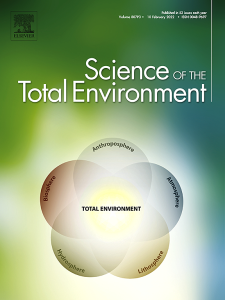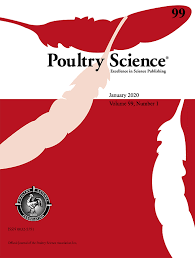Document type: scientific review published in Science of The Total Environment
Authors: Francesca Leone, Valentina Ferrante
Preview: This review aims to analyze the recent studies about prebiotics and precision biotics, as alternatives to animal growth promoters. These substances improve intestinal health, growth performance and poultry environmental impact. Prebiotics are insoluble fibers, that have no nutritive value, but they promote the growth of positive bacteria, increase the nutrients absorption and modulate the immune response. Instead, precision biotics are carbohydrates with glycosidic linkages, which interact with gut bacteria metabolism, reducing the excretion of nitrogen and consequentially, the poultry environmental impact. In the last years, different studies were published in this field, and for this reason, it is necessary to organize the results found. It was shown that mannan-oligosaccharides and β-glucans increase ileal nutrient digestibility, nitrogen retention and antibodies titers. Inulin, arabinoxylans-derived oligosaccharides, and galacto-oligosaccharides improved intestinal morphology, arranging for a larger absorption surface area. It was reported that prebiotics enhance the colonization of positive bacteria and can reduce the count of Campylobacter colonies. Furthermore, xylo-oligosaccharides are often used in animal feed, due to their ability to form organic acids, which decompose noxious substances, improving litter quality, and consequentially, reducing the environmental impact. Litter quality is a relevant aspect for ammonia emissions and for animal welfare. Whether the litter quality is poor, footpad dermatitis increase, worsening animal welfare and increasing nitrogen emissions to air. Precision biotics select metabolic pathways to modulate amino acid degradation, reintegrating the nitrogen discarded, and reducing the ammonia level in litter. It was also reported an improvement of growth performance and a better animal welfare. In conclusion, prebiotics and precision biotics can have positive effects on animal performance and welfare, and they can be a new strategy to reduce the environmental impact of chickens' farms.






